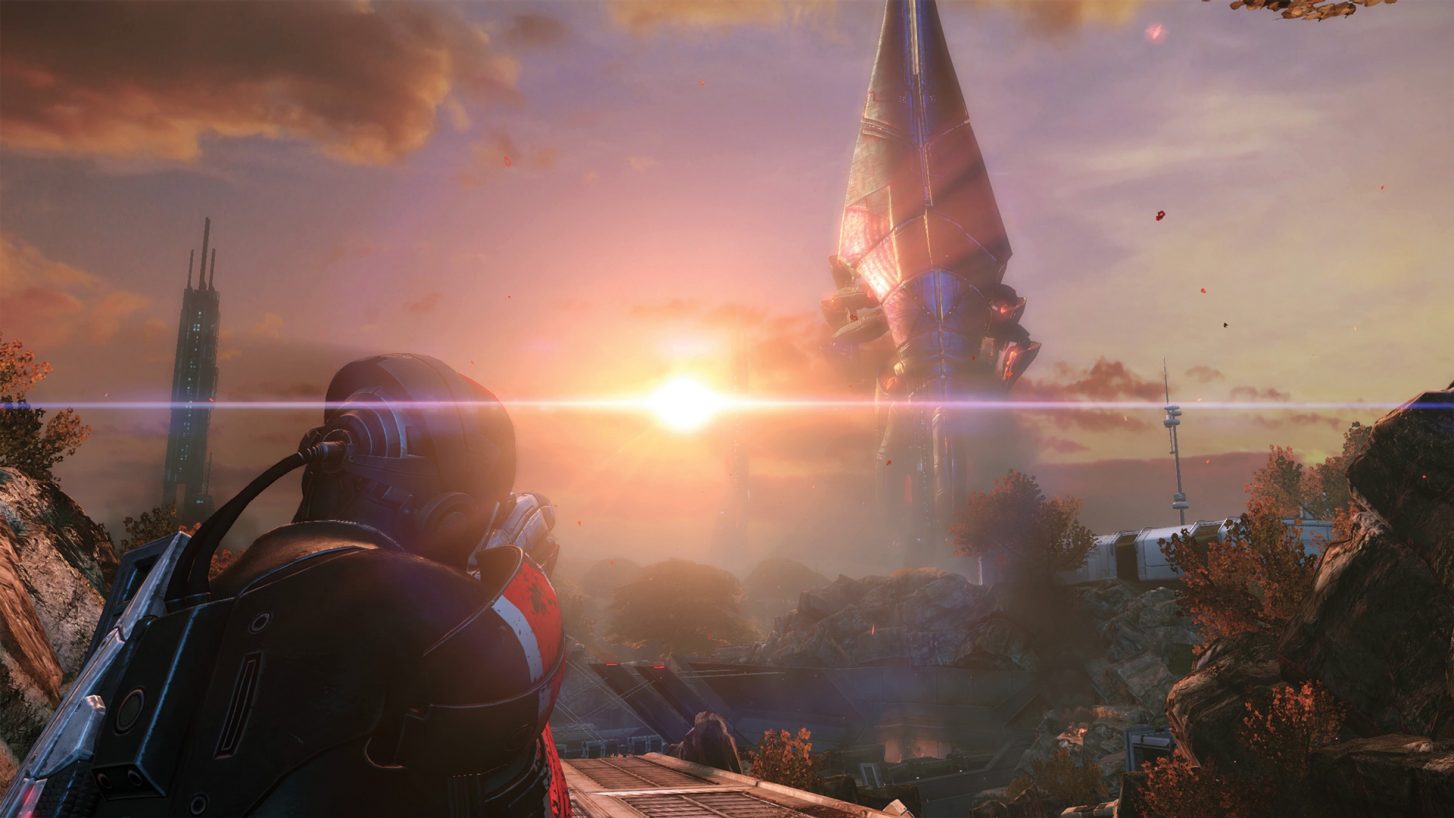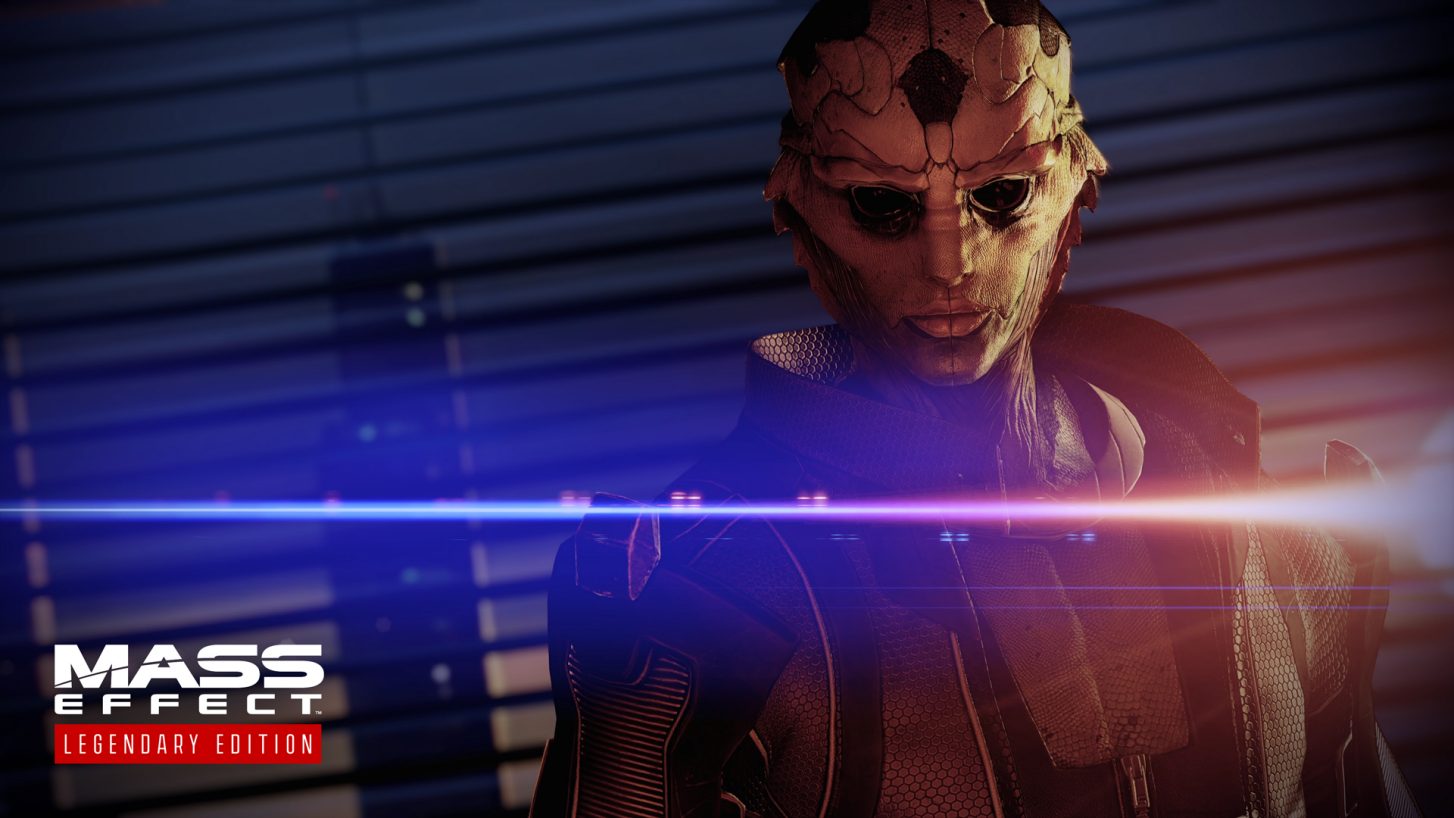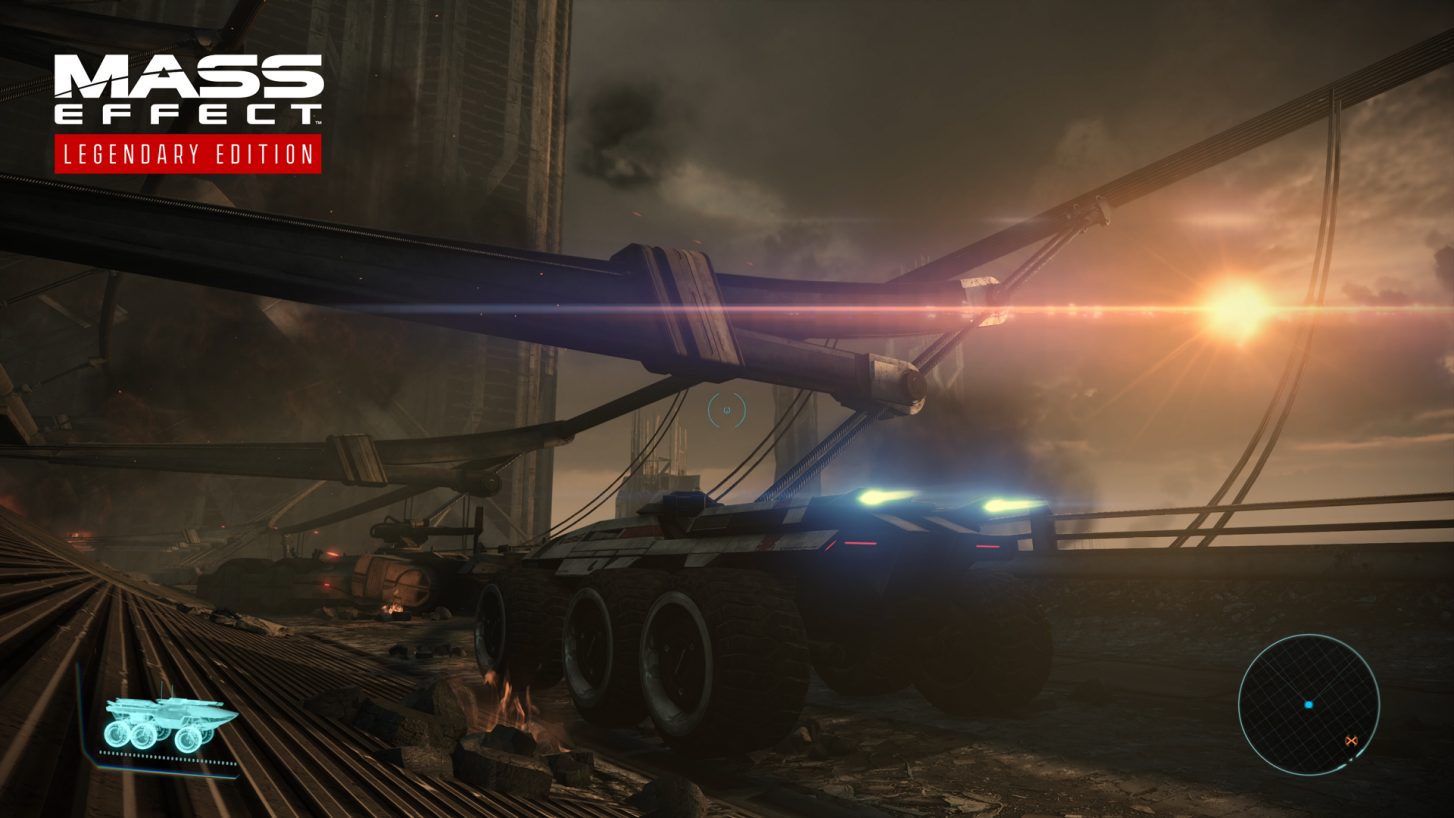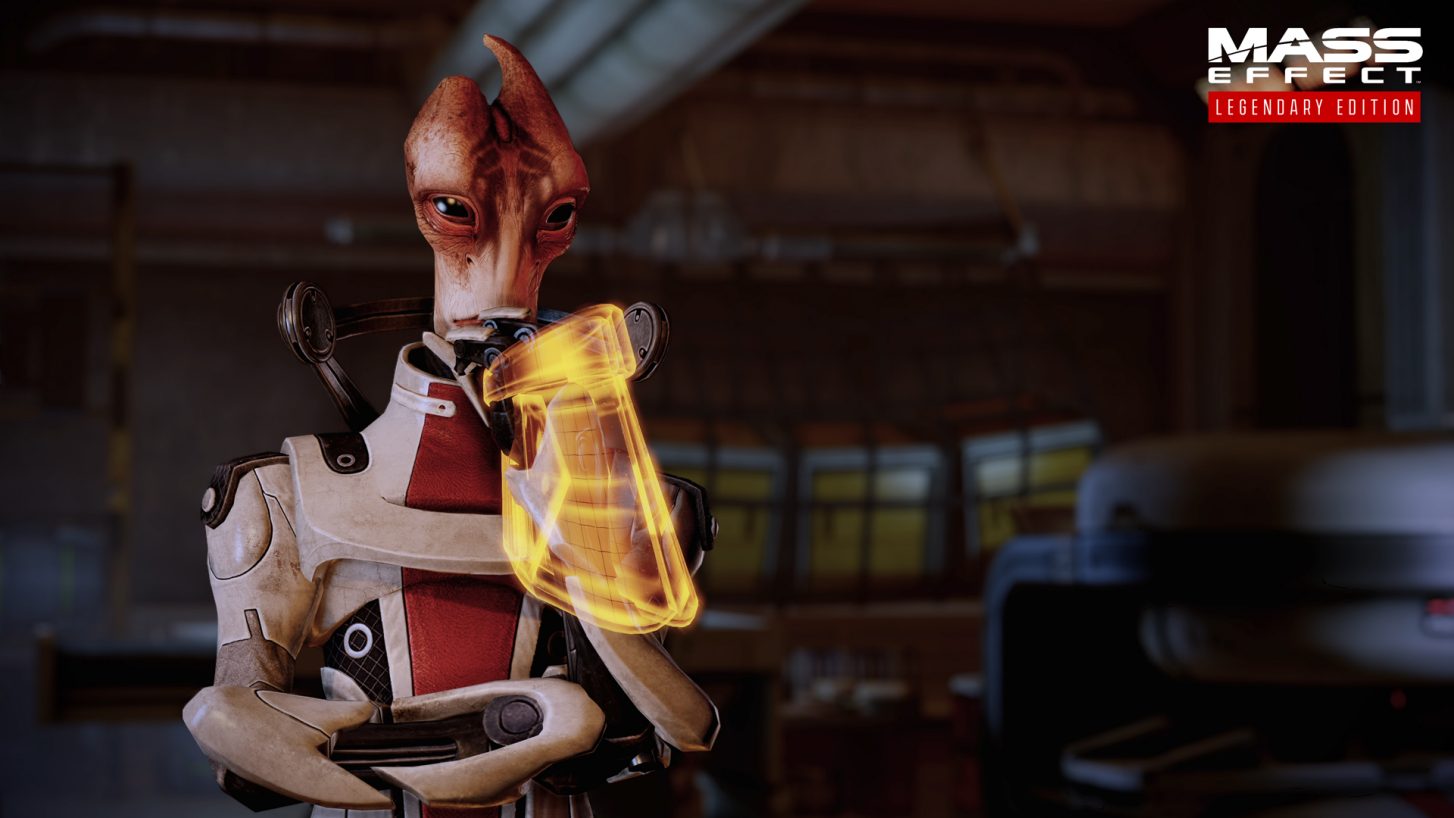In 2007, the Commander Shepard trilogy began, and games were never really the same after. In the time since its debut, we’ve seen countless new games arrive and get remasters, often hastily and just a short while later. This all happened while Mass Effect idled — aside from a bad sequel in 2017 — for well over a decade.
Following the lukewarm receptions for both Mass Effect Andromeda and Anthem, EA finally moved to give fans the BioWare project they had been clamoring for: remasters of the original Mass Effect trilogy.
With Mass Effect Legendary Edition, it’s easy for fans new and old to fall in love with this world. The games show their age in spots, but the Shepard saga is still as riveting and important today as it was so many years ago.
Mass Effect Legendary Edition Review: Gaming’s Definitive Trilogy Returns To Glory
If you’re new to Mass Effect, think of it as Game of Thrones in space. While Mass Effect is a competent third-person shooter that only gets more enjoyable with each entry, this is first and foremost a role-playing game, dense with political intrigue and intersecting storylines that often each feel worthy of their own spinoffs. In that vein, it is truly deserving of the epic designation.
After creating a character of their own, including their appearance, gender, and first name, players take control of Commander Shepard, recent recipient of the Normandy, a state-of-the-art spaceship which Shepard will lead into the vast reaches of the game’s FTL-enabled space systems.
Along the way, Shepard will chase down villains both seen and unseen across three games, each surprisingly satisfying even when clocking in at more reasonable playtimes. My first runthrough of all three games combined tallied just over 90 hours, equivalent to just one playthrough of The Witcher 3 or any recent Assassin’s Creed.
For players, the allure of carving out one’s own Shepard is a huge part of the appeal, as they will weave through complex political situations, making heavy choices that ripple out beyond just each game into subsequent chapters. Playing as a “Paragon” or “Renegade” feels a bit dated in a medium that now values the nuanced grey area of moral decision-making, but Mass Effect still lets you carve out your Shepard in that manner at countless other junctures.
The true promise of Mass Effect, the ability to seed storylines that sprout dozens of hours, or even full games, later, has never really been toppled in games to this day, and within its trilogy, it’s best exemplified among your crewmates. Any good party-based RPG will give players companions to care about, but I’ve never played any with as high a batting average as Mass Effect. There are characters whom I do not care for, but it’s never the case that they’re poorly written. They’re just written as bad people, like Ashley, your first squadmate (and space-racist) in the first game.
Romancing characters is always a key point for longtime fans, but it’s often just as fun to simply befriend them. Loyalty missions inform you of their backstories (spoiler: everyone has daddy issues), and as the series goes on, the games find ways to squeeze in some downtime where you can go on lax missions just to hang out with your crew.
Sometimes, that’s at odds with the fact that the world is constantly in grave danger, but it’s worth a little ludonarrative dissonance in this case because every character onboard the Normandy is worthy of your time.
The bigger picture grapples with the Fermi Paradox in fun ways, some straightforward, like the apex predator theory advanced by the trilogy’s Big Bad, and others set as backdrop, like how humanity stumbled into an already thriving intergalactic community a few centuries from now in the game’s story universe. Every codex entry feels worthwhile for the series’ nerdiest fans, and if you don’t have that kind of time, the dialogue options routinely let players explore the most important beats and then some.
None of the games really stand out as better than the others in terms of story. Rather, it feels like one continuous masterpiece, with a third game that plays out like one long, unforgettable goodbye.
The same can’t be said for the gameplay side of things, however. The first game, while still enjoyable, really lacks a lot of the flair for the dramatic at which the later games excel. Side missions in the original Mass Effect mostly involve players riding an infamously broken landrover, the Mako, to drab, warehouse-like enemy encampments, planet after planet. For all the ways this series makes you believe in its size and scope, the first game’s side quests sure do feel like one person, an evidently chaotic interior designer, styled the entire universe.
Things like shooting feel good right away, but get much better, and more cover-dependent, as the series goes on. On top of that, BioWare also finds ways to better equip players with an array of tools, including firearms and tech and biotic abilities, which players can control for themselves and their two squadmates brought along to each mission. This gives it a lot more identity as the series goes on, after a first game that spends its few dozen hours admirably discovering itself.
Still, major beats in the first game are always exciting, and they really set up a series that would be extremely hard to step away from. And if you missed it before, the Legendary Edition earns its moniker — usually.
Where it shines brightest is the enhanced framerate, up to 60fps on PS5 and Series S or 120fps on Series X, as well as the much-improved textures. Comparison shots are truly night and day, and despite being so old, even the first game has moments that can stop players in their tracks like any gorgeous modern game.
Much was made about the series’ newfound penchant for Abrams-like lens flare, as seen in the reveal trailer, but I didn’t find it distracting or distasteful. Call me simple, but I think it looks cool, and it totally fits this world that is always meant to inspire awe even in the midst of a firefight. Characters look better than ever, which is really the highlight for me.
Technically, this remastered trilogy is impressive in virtually every way. The biggest blemish is the original game’s still-present bugs. Losing button prompts when exiting the Mako, clipping issues, and other hints of polish lacking were there in 2007, and they’re still here today. The Mako, despite its improved controls, still feels like a Halo Warthog with a faulty axel or two.
It seems like this trilogy is by and large visually improved and nothing else. Those visual upgrades are impressive, even stunning at times, but Mass Effect from 2007 feels especially needing of a bit more clean-up, and really would be best off with a full remake.
Each game experiments with different side attractions to uneven results. The first game’s extensive planet-hopping was well-intentioned, but it didn’t quite work so well. The second game’s loyalty missions are now a genre staple, but its planet-scanning mini-game feels more like data entry work. In the finale, amassing reinforcements for your all-out war brings a bit of strategy to the game and works well given Shepard’s rise to that point in the story.
Calling in favors from side quests in the earlier games makes it feel like every side quest was worth it, and for all the criticism the ending took, I honestly didn’t dislike it.
Realistically, I don’t know if what fans dreamed of was possible in 2012, and maybe still isn’t possible today. Given the many chess pieces, there are virtually no two playthroughs exactly alike, so the series’ final few minutes are an enjoyable sendoff that captures the themes of the whole saga admirably. In that way, BioWare did as well as it probably could with the many moving parts.
Mass Effect Legendary Edition Review — The Bottom Line
Pros
- A masterfully told saga with attention to details big and small
- Enough memorable characters to fill an auditorium
- Gunplay that starts strong and gets better with each installment
- Tough, nuanced decisions for players to agonize over
Cons
- The first game feels especially dated and still buggy in spots
In my lifetime of playing games, I’ve found I’m often at odds with what’s considered the medium’s canon. I’ve never played Final Fantasy. What little of Zelda I’ve played, I’ve not really enjoyed. And I haven’t cared to play Mario since Nintendo 64.
I’ve generally found my expectations are unmet with such larger-than-life games. Mass Effect is perhaps the foremost exception.
It’s as great as most people say it is. There’s not a conversation I want to skip, not a companion I want to ignore, and really not a single mission I want to decline. Mass Effect is the ultimate RPG.
When so many of your actions affect the future of not just you and your friends, but potentially the entire universe, there’s a great deal of responsibility on BioWare to deliver outcomes that feel worth one’s time. Even acknowledging its final scene is notoriously polarizing, and you may come down harder on it than I do. Either way, the journey is well worth your time.
[Note: EA provided the copy of Mass Effect Legendary Edition used for this review.]










Published: May 19, 2021 01:14 am